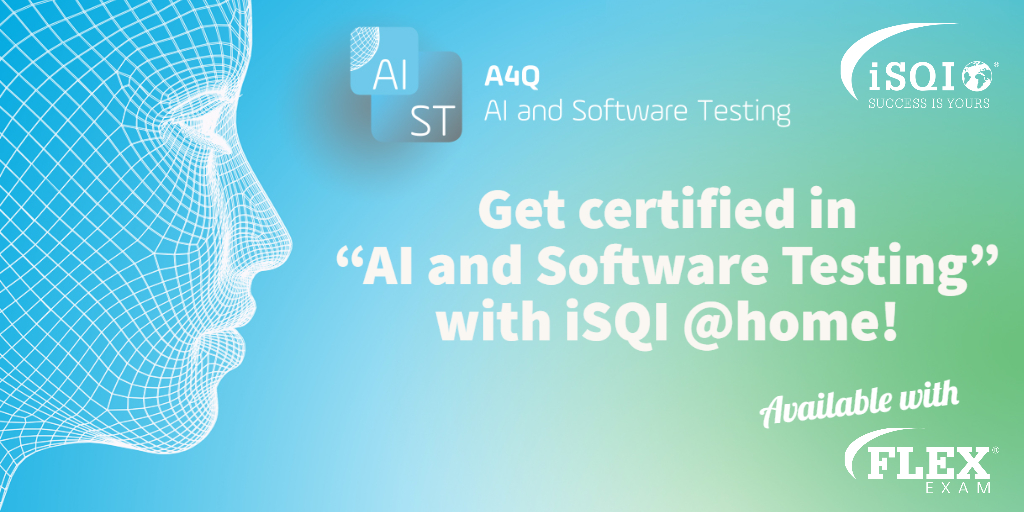By Adam Leon Smith, CTO of Dragonfly (www.wearedragonfly.co), Twitter: @adamleonsmith
The conversation in the quality and testing world about artificial intelligence is unsurprisingly dominated by tool vendors, but there are lots of topics within AI that are actually more important for quality specialists to grasp. So here's my top five reasons why it is time for quality professionals to learn more about AI:
Reason No. 1: Be able to critically assess goals. An understanding of the basics of artificial intelligence is important to ground you in the reality of the possible. Being able to apply critical thinking skills to product claims, requirements or project goals, and see how quality issue can arise, requires an understanding of the principles of computation logic, statistics, machine learning and rule-based systems.
Reason No. 2: Be able to plan testing strategies for AI systems. An overall trend in technology to be more statistical and therefore less deterministic, requires familiarity with different and emerging testing techniques such as metamorphic testing. It is very common to hit an oracle problem with advanced software, and having the tools and techniques to handle the risks is a great addition to a quality professionals skill-set. Recognising the types of AI testing objectives that can be handled using specific techniques, at different levels, is essential to planning effective verification and validation.
Reason No. 3: Understand how data pipelines are more important than code pipelines. Gone are the days when code releases need to happen for software to change. Machines learn from data now, and the provenance and labelling of data, the assessment of its representativeness, and the testing of outcomes based on that data – all have a critical interaction with the behaviour of the system.
Reason No. 4: Mitigate new risks. Increasingly, technology teams are expected to consider the ethical, psychological and societal impact of their products. There are some ways these topics interact with testing, like checking for automation bias in user testing, or conducted specialist testing to evaluate how automated-decision making affects different groups of people.
Reason No. 5: Supercharge your testing. There is a new breed of open-source and commercial tools using AI to assist with the development and testing processes. It is important to learn about all the ways that you can use AI in this context, before you next review your tools. It's also important to understand the limitations and risks with these tools, and not to get locked into a vendor that convinces stakeholders with unrealistic expectations.
In order to keep track of the many new opportunities and challenges of AI, continuing education is essential. iSQI’s new certification AI and Software Testing will soon be available. Interested? Then contact us today via exam@isqi.org!










